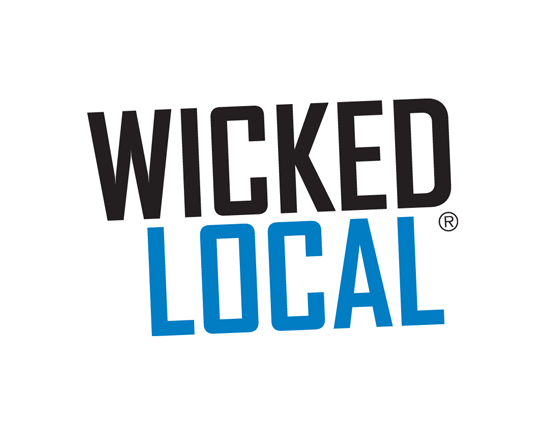In the Media
Op-Ed: Students Should Not be Studying on Empty Stomachs
December 8, 2020
By Ryen Diaz

Being surrounded by classmates who come from some of the wealthiest households in the world, I’ve always felt a stark difference in my ability to succeed. However, food always seemed to be an equalizer since we all ate in the same dining halls and I was lucky enough to be provided an unlimited meal plan with my financial aid. But with the coronavirus pandemic and our inability to live on campus, I have now found myself responsible for the exorbitant cost of food in the city of Cambridge.
Instead of providing the same financial aid as I had received for the past three years, this year Harvard cut my financial aid by nearly 40%, citing that we would simply be able to live for free at home to reduce living costs. Yet, this failed to recognize that many students do not have that option.
Students on full financial aid, such as myself, face difficult decisions of how to stretch these severely-cut funds for books, transportation, rent and food; and with such a limited budget, we can’t have it all. Budgeting worries, such as my ability to feed myself, now occupy more space in my mind than my actual studies. And I know I am not alone in this hunger anxiety. According to the Hope Center for College, Community and Justice, nearly half (45%) of the 86,000 students they interviewed experienced food insecurity in the past 30 days.
Hunger should not be a battle that any student should have to face. Harvard, and all other private institutions, must first increase their institutional aid in response to this pandemic ensuring to make sure their students are supported given they have a plethora of resources to draw from. Furthermore, there is evidenced-based research on solutions for schools and states to eliminate hunger amongst low-income college students.
University of California Irvine tested methods such as a meal-swipe program (allowing students with extra swipes to donate them to students in need) and establishing a food pantry for its student body. They found that the meal-swipe program led to half as many students skipping meals and 61% said the food pantry had a positive effect on their ability to finish last semester. In addition to this, making SNAP benefits and applications more easily accessible to students will increase the rate of SNAP enrollment among eligible students, a rate that currently sits at 4 out of 10 according to uAspire’s “Beyond the Bill” report.
Both policymakers and university officials have a responsibility to their students who are struggling more than ever in the face of unprecedented challenges during COVID-19. I now urge Massachusetts policymakers to respond to the concerns of thousands of students that have yet to be addressed and pass policies that reduce the harm that is currently coming to their constituents and future changemakers. Implementation of and funding for programs such as school food pantries, meal swipe exchanges and SNAP accessibility would ensure that every student can attend class each day with their studies on their mind, not their stomach.